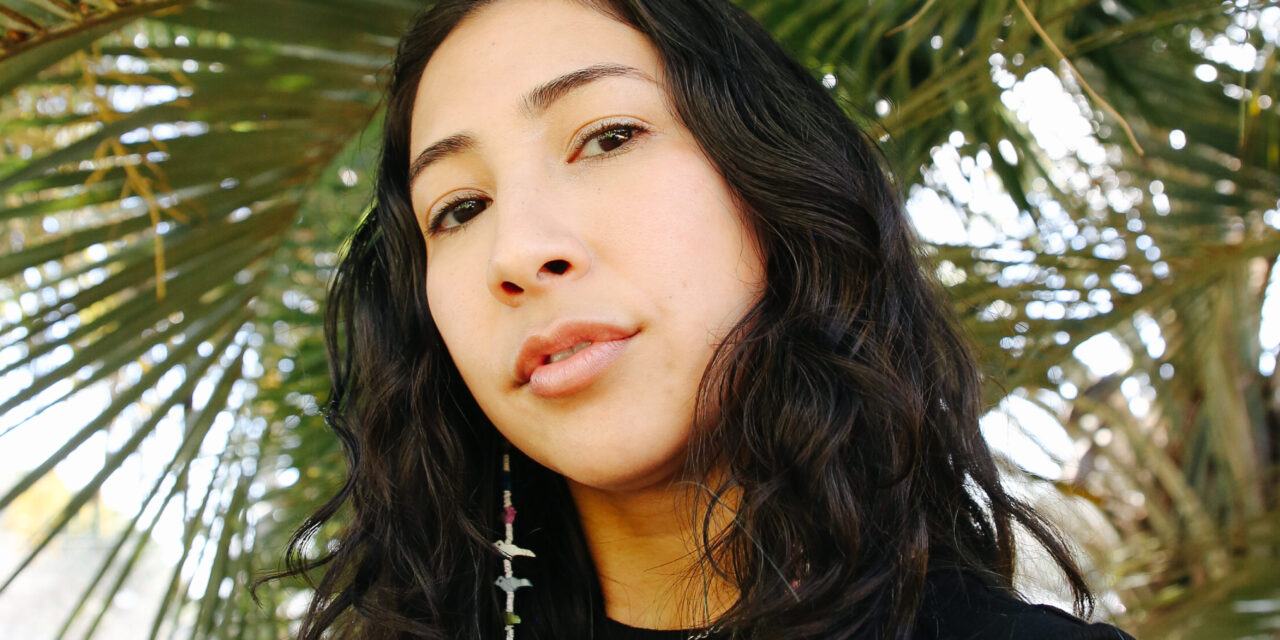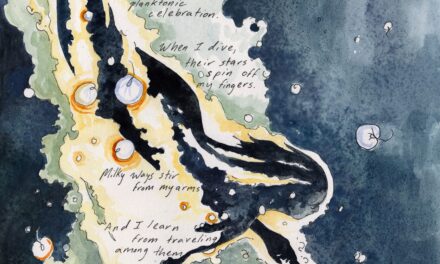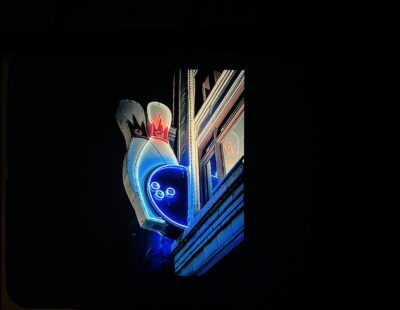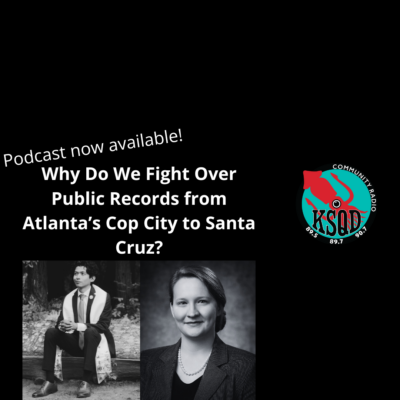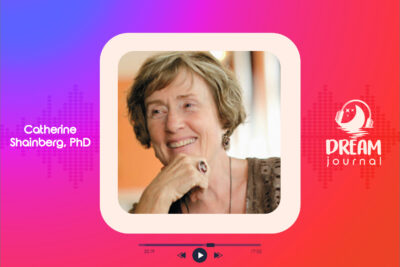
Humans have used psychedelics for thousands of years – from Indigenous ceremonies to counterculture revolutions. But nowadays, we often hear about them in a different context: medicine. Scientists are testing psychedelic treatments for depression, addiction and PTSD.
And many point to psilocybin — that special something that makes magic mushrooms magic…as having great promise to treat stubborn depression. So much promise that the FDA is expected to approve the treatment within the year.
For KSQD, Anna Marie Yanny reports.
Psilocybin had a profound impact on Fiona. The 22-year-old percussionist, who uses they/them pronouns, had a big shift in their mental health in undergrad.
They told me about it over Zoom…
Fiona: “I had been diagnosed with autism, and a couple other anxiety and depression things that kind of just go along with being undiagnosed.”
Fiona says sometimes, they obsess over things…like being overstimulated, anxious or uncomfortable.
Fiona: “I don’t want to feel this, I don’t like feeling this. And that is what really gets me to spiral personally. ”
But after trying psilocybin, things began to change…they remember taking this one time, after their diagnosis.
Fiona: “It made me think about…the fact that I’m alive and feel pain is something that I would not trade for no pain.”
Fiona’s a poet, so they turned on their writing playlist….and wrote about the feeling. Here they are, reading part of their poem “Opened.”
Fiona:
gentle perjury of air
spilled molecular feathers
swells incite nausea
back to breath
misgivings towards the density
duplicitous basal ganglia
don’t follow
Of course, taking psilocybin is still federally illegal.
Danielle Herrera,(pictured above) a psychedelic psychotherapist in Oakland, can’t give her clients psilocybin, but helps them turn a recreational experience into a more of a therapeutic one if they find the drug on their own.
She’s seen remarkable improvement in some clients with depression –
Herrera:“Even after small doses or very limited use, and that’s pretty incredible.”
But moving psilocybin from where it is now…the clinical trial phase… to a real world treatment could be tricky.
Herrera: “Access is something I’m thinking a lot about.”
She says…it could be prohibitively expensive. Psilocybin depression treatment isn’t slated to be covered by insurance.
Advocates have also raised concerns about cultural appropriation with psilocybin … Indigenous groups in Mexico were using it long before these trials… Herrera herself is Indigenous
Herrera: “I integrate Indigenous practices because it’s natural to me. It’s just kind of bringing myself into the room…You’re just pulling in ritual and ceremony.”
She worries about “Big Pharma,” as she calls it, trying to capitalize on psilocybin.
Herrera: “you’re like taking the sacred medicines and you’re marketing them as like, product. The loss of the reverence, it shifts the experience completely.”
She’s confident psilocybin will be FDA approved for depression treatment, and hopes clinics that center Black and Indigenous clients will follow. She says funding them might be difficult, but a sliding-scale model could help.
For now, Herrera urges her clients to be patient as psilocybin marches through clinical trials.
Herrera: “I’m always just like, wait a couple years because things are moving really fast anyways. What you can do is start with regular therapy…”
For Fiona, the poet and percussionist, psilocybin has been an important mental health tool.
Fiona: “And I can say, with no hesitation that psilocybin has had a more profound impact on my sense of self, than pretty much anything. ”
These days, they see the world a little differently. They meditate, and hang out with their pet gecko.
For KSQD, I’m Anna Marie Yanny
Anna Marie Yanny is a student in the UCSC Science Communications Master’s program.

